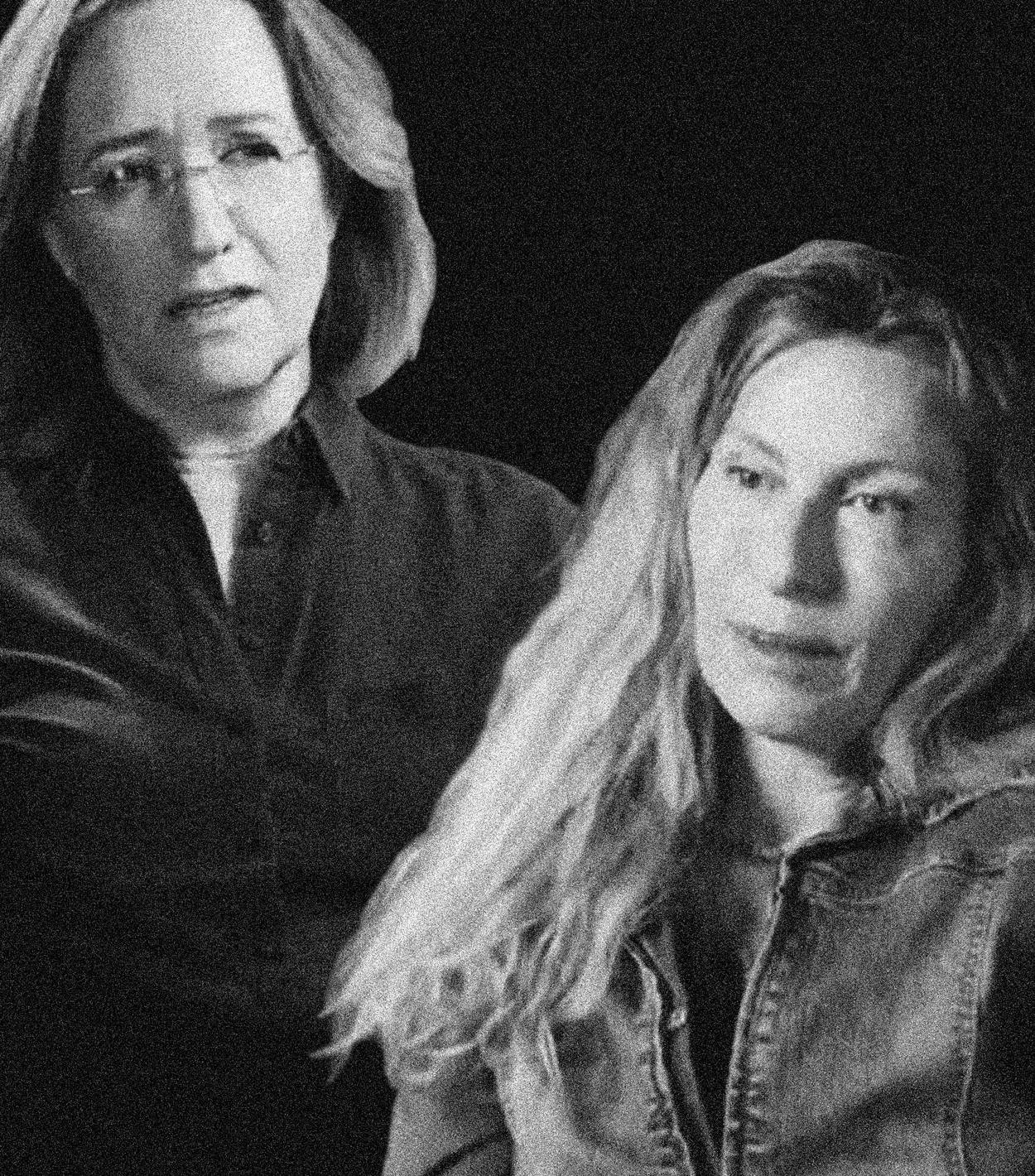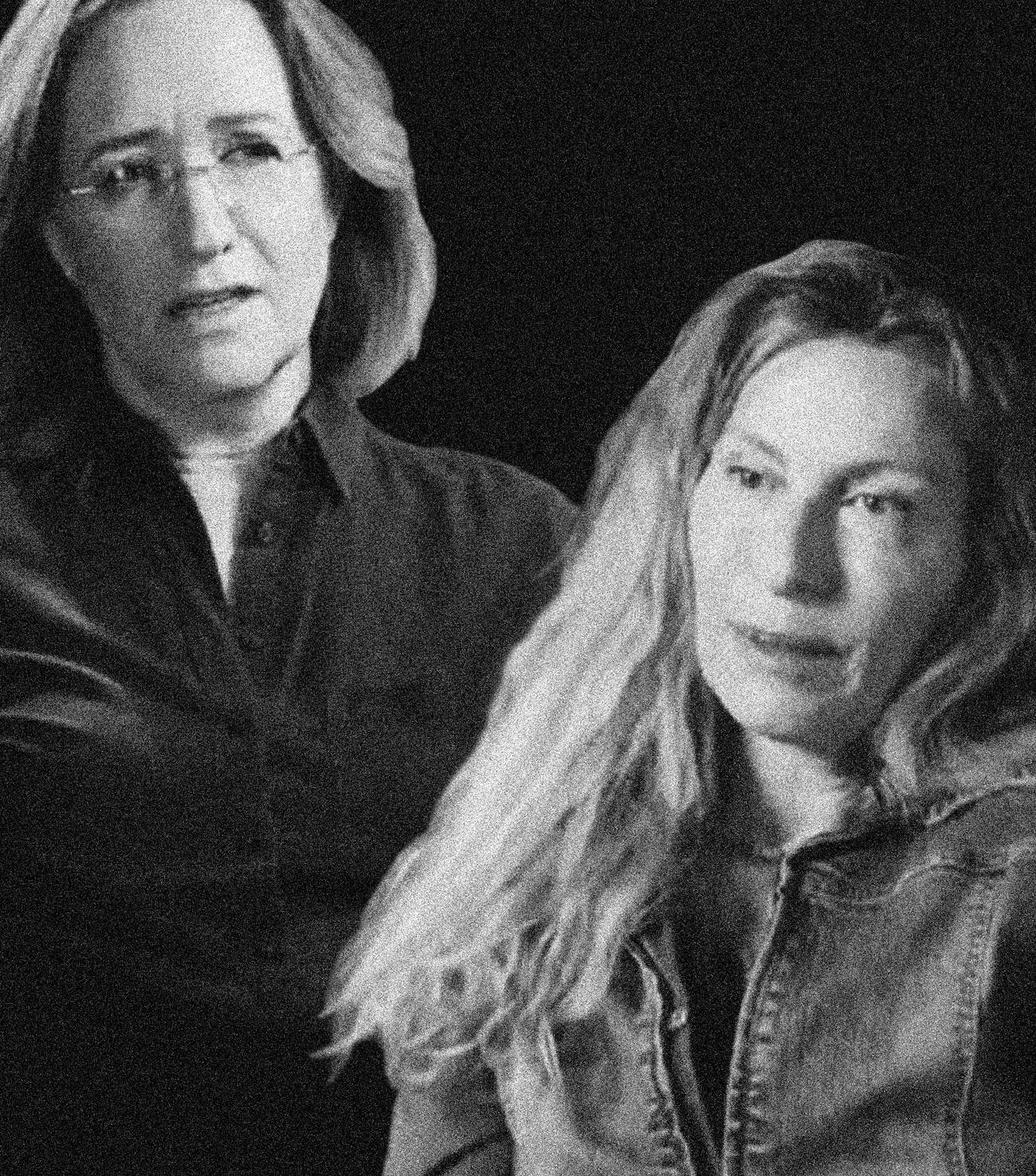Do You Have Any Other Place to Live?
The mother of a fallen IDF soldier underscores the divergent worldviews of Israel’s patriotic citizens and its privileged elites

Tablet Magazine

Tablet Magazine

Tablet Magazine

Tablet Magazine
It’s hard to understand what Israel is going through without taking measure of the yawning chasm between Israel’s patriotic citizenry and its progressive elites. For most Israelis, a powerful instinct of self-preservation kicked in on Oct. 7, and they responded with the rage and determination one would expect from a healthy society. Israel’s progressive elites also responded as one would expect: Regaining their balance after the initial shock, they fell back on their usual wariness of patriotism. For them, the instinct of self-preservation itself is part of the problem, not part of the solution.
This chasm has vast political implications, though it’s not, itself, strictly political. This is why it can be elusive. But it was captured with force in a one-minute-and-47-second excerpt from a TV interview. The interview with Galit Valdman, the mother of IDF Major Ariel Ben-Moshe, who fell on Oct. 7, was conducted by journalist Ilana Dayan. A screenwriter could not have done a better job of conveying so much about Israel’s current state of mind with so little dialogue. It’s worth looking at closely, line by line.
Ilana Dayan is the unrivaled star of Israeli highbrow broadcast journalism. She’s the anchor of Israel’s most influential investigative journalism show, Uvda (Fact), roughly equivalent to CBS’ 60 Minutes. She embodies the spirit of Israel’s progressive elites not just in the views she expresses but also in her persona. She wears sparse makeup and rimless glasses, and she sports a crisp Ashkenazi, modern Israeli accent, which flows softly and effortlessly in well-formed sentences. But not so much this time.
Granted, it’s never easy to interview the close relatives of recently fallen soldiers. The media’s hunger for the sensational is at odds with ordinary decency, and it is a delicate act to straddle the contradiction. But Dayan is a true master of the genre. With her unassuming appearance and soft demeanor, she bestows a veneer of journalistic dignity on what is, in fact, media voyeurism. She therefore did not start this conversation as so many others may have, with a hushed “So how are you?” Rather, she signaled awareness of the danger of vulgarity. “Is there any point in asking you how you are?” she said.
Valdman, who seemed to sense where this was going, just said, “Yes.” So Dayan went ahead.
Ilana Dayan: How are you?
Galit Valdman: Very proud.
That answer was clearly unexpected. Dayan hoped to elicit a display of emotions. But she didn’t miss a beat, coming back with what sounded like a subtle reprimand:
ID: A mother who lost her son three and a half weeks ago …
GV: Correct.
ID: And sits in front of me, and it’s clear to me that … I don’t know if you’ll cry or not cry, but you’re saying here, they won’t see …
Valdman cut her off.
GV: I’m not going to cry here.
ID: Here no one will see a broken woman.
GV: No.
ID: Here they’ll see a proud woman.
GV: Correct.
ID: Because this is what you want people to see, or because this is how you feel?
GV: Because I want … IDF officers, and the soldiers under their command should hold their heads high. This is our moment as a people. A soldier assumes the risk of falling.
ID: But the person who should not be prepared for this in any way, is a mother who has to bury her own son.
In screenwriting, we tell students that the subtext is more important than the text. What the characters are saying is not as important as the underlying meaning of their words. Here, the subtext is simple: If you’re not overwhelmed by pain, Dayan seems to be saying, then what kind of a mother are you?
It is to this subtext that Valdman responded sharply:
GV: I sent him there. My sons are soldiers from age 14 1/2. In the Haifa military boarding school. I have another son like that.
ID: Who is only 15.
GV: Who is only 15.
ID: And you’ll need to sign for him.
(A soldier who has lost a sibling in the military cannot apply to serve in combat without parental permission, referred to colloquially in Israel as “signing.”)
GV: Of course.
ID: Because you are a bereaved mother.
GV: Of course [I will sign]. You talk to him, he’ll tell you. Of course.
ID: But I’m talking to you.
GV: Of course [I will sign].
ID: Why?
GV: Do you have any other place to live?
ID: Can you stand losing another son?
GV: No, it almost happened.
There’s a time for everything. There’s a lifetime for mourning. Now, we need to win.
Valdman was referring here to another son of hers, Shavit, who was also fighting Hamas on that terrible Sabbath. When in the midst of the great chaos Shavit learned his brother had been killed, he called his mother to ask if she needed him by her side. She told him he must not return for her sake. He should stay with his fighting comrades. He did. He was later seriously wounded in a battle in Kibbutz Holit, near southern Gaza and the border with Egypt.
In Dayan’s therapeutic worldview, where personal feelings are sacred and anything collective is suspicious, losing a son in battle is potentially the kind of case that would vindicate her moral priorities, elevating personal pain over the national cause. But Valdman did not let Dayan deploy maternal love against patriotism. And for a journalist, there’s a limit to how far you can push a mother in the name of a pain that is hers, not yours. So, strikingly, Dayan turned to herself and to her own feelings to counter Valdman’s defiance. She did not ask what Valdman meant by “it almost happened.” Rather, like a psychoanalyst working with counter-transference, she asked herself what feelings (not what thoughts) Valdman’s words evoke—in herself.
Valdman rejected this therapeutic mode of conversation right off the bat.
ID: I … I’m trying … trying to understand how I feel about you talking this way. And the first thing I want to find out is how you square this for yourself. I’m convinced that you are …
Valdman cut her off again.
GV: I’m taking charge of a situation.
ID: No, and you’re … proud to death?
GV: Yes.
ID: But how do you reconcile this [pride] with the pain?
GV: There’s a time for everything. There’s a lifetime for mourning. Now, we need to win.
ID: But you don’t need to win.
GV: I need to win.
On the face of it, this is a very simple argument, which Dayan is nevertheless content to ignore: The personal is predicated on the collective—literally for its very physical existence. When Valdman asked Dayan whether she had any other place to live, she underscored that this is a matter of life and death. For all Israelis.
I interviewed Valdman on the radio later, and she elaborated her point. The danger, she said, had reached our homes, and our beds. And we need to wake up, or none of us will be safe. Without the IDF defending us, she said, we all would have been pushed into the sea by now. Or worse.
All this should be clear enough to any sensible observer. But there was also, it seems, something more subtle going on: a counterargument to Dayan’s attempt to place private feelings at odds with collective imperatives. If you see the world only through the lens of personal feelings, you end up making those very feelings harder to bear.
I don’t want to put words in Valdman’s mouth, but this is how I interpret what she said: To accept Dayan’s position—pitting motherhood against patriotism—means to rob her son’s death of its meaning. For Valdman, the private and public are not at odds. They are intertwined. What she insisted on—that we need to win—is not simply a comment on politics. It goes right down to the source of the personal and the maternal: My son will not have died in vain.
Dayan’s worldview threatened to make Valdman’s tremendous sacrifice merely a personal loss, thereby limiting its significance. If this were only personal, it would rob her of what she put front and center in this interview: her pride.
Most Israelis, it seems safe to say, are less like Dayan and more like Valdman—if rarely quite like her. But this newly found determination, what Ran Baratz referred to as the revival of the spirit of 1948, has not yet filtered up into the establishment. Politics, the bureaucracy, the media, academia, and the upper echelons of Israel’s security apparatus, including the top IDF brass, have not yet adjusted to the tectonic shift that society has undergone. They will have to adapt, since the Israeli public will not tolerate a return to the mentality of Oct. 6. As Valdman put it, this is our moment as a people. To a very large extent private feelings are now aligned with the momentous collective task ahead. The people have changed. Now the institutions of yesterday will have to adapt if Israel is to overcome the formidable challenges it faces.
Gadi Taub is an author, historian, and op-ed columnist. He is co-host of Tablet’s Israel Update podcast.